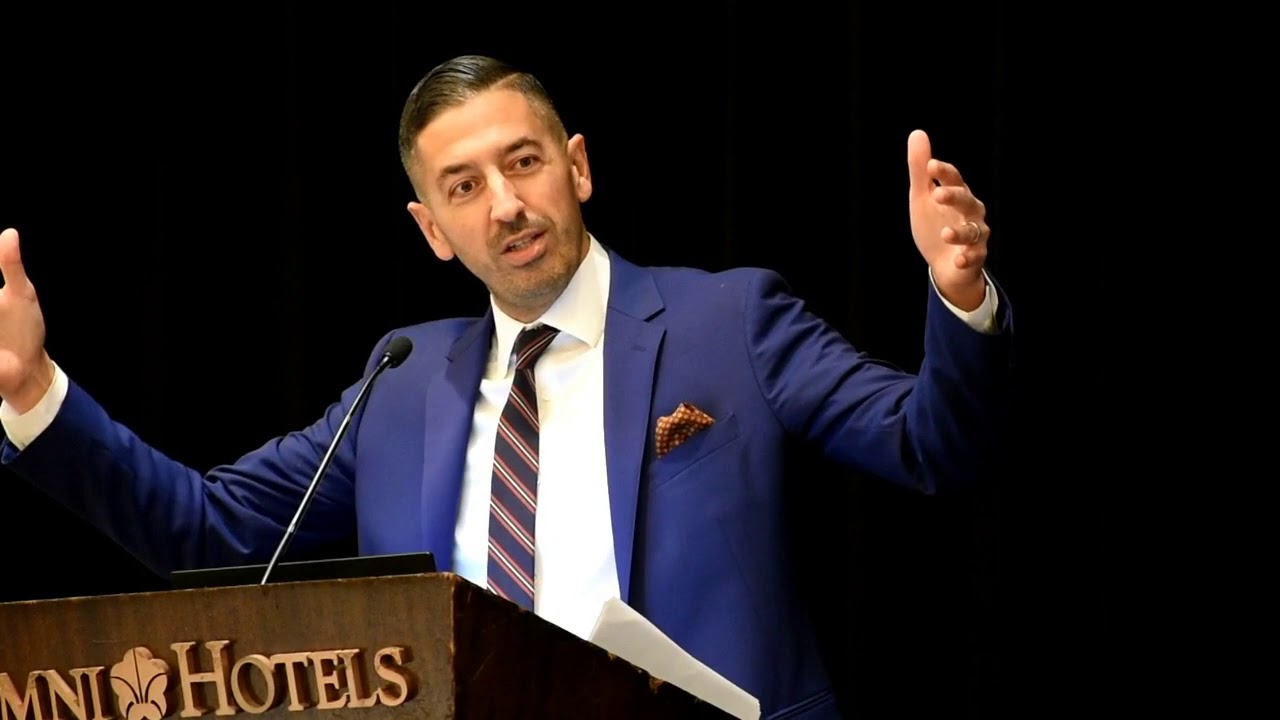With over 2 million confirmed COVID-19 cases around the globe, the pandemic is now in full swing. With a higher recovery rate, the virus has taken almost 127,000 lives. So you are probably considering the ratio and hoping you will survive too. And you probably will. But ever wondered what this virus is doing to your mental health?
[adinserter block =”3″]
Mental health experts are of the opinion that these ‘long isolation’ periods will take a toll on people, slowly but surely. As per one renowned epidemiologist, social isolation will lead people to mental health issues. This, at a time where the social isolation period remains undefined. This, at a time, when celebs and influencers are urging people to practice social isolation.

Epidemiologist Sandro Galea, who works as the Boston University’s School of Public Health’s Dean, says there is uncertainty around the pandemic and how it will pan out. The seasoned professional talks about people developing extreme anxiety issues while in isolation.
“We, humans, are ultimately social. We’re social creatures and we do need interaction — physical and social — with others,” says Sandro. One of the biggest contributors to our extreme anxiety in the long-run will be our financial livelihoods.
With markets, businesses and other sectors under lockdown, the future remain uncertain and unprecedented. “Anxiety is high. Particularly everyone knows that financial issues are always challenging for individuals, families,” said a public health official.
Epidemiologist Sandro Galea has been studying ‘impacts of quarantine under SARS epidemic in Toronto. Suggesting that this period can lead to a wide range of mental disorders which include anxiety and depression. However, if mixed with the consumption of alcohol or drugs, it can lead to severe illnesses like PTSD (post-traumatic stress disorder).

Source: youtube
“We do know that these go up after other disasters and we’d expect them to go up substantially now that this is affecting the whole world,” Sandro added.
People with prior mental illnesses at higher risk
Moreover, the professional stated that those with a mental health history are more prone to other mental illnesses with COVID-19 in the mix. Pandemic related stressors worrying for their jobs or taking care of the young or old can be affected as well.
[adinserter block =”10″]
Sandro further adds that now is the right time to educate people on mental health and how to tackle it. “I think it’s actually very important that we are recognizing that mental illness is going to be the next wave of this epidemic and I think it’s very important that we de-stigmatize mental illness,” the epidemiologist concluded.







